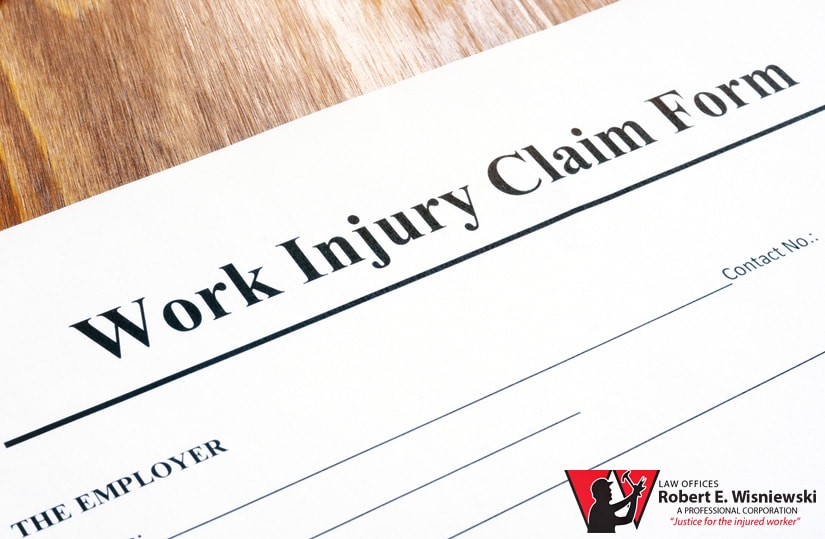Why pain and suffering usually isn’t covered by workers’ comp
When you suffer an on-the-job injury, your life may be irrevocably changed. You may experience not only tangible losses but also some that are less externally and physically obvious.
If you qualify, workers’ compensation benefits generally have you covered as far as lost wages and medical bills goes, which can be a source of great comfort. However, time may reveal that your injuries go deeper than what was suspected at first.
What is pain and suffering?
Before you were injured at work, let’s say you enjoyed an active family life. You and your spouse had fun exercising together and going on bike rides. With your kids, you were always at the park—running, playing and throwing around a ball.
Now, all or most of these activities are in the past. You no longer have the energy or stamina to participate in most of these pastimes, and even if you did, debilitating pain puts a damper on your efforts.
Your ability to perform at work has changed as well. Perhaps you have difficulty sitting or standing for long periods of time. Gripping small items like a pen or lifting heavy boxes are both beyond your capabilities.
Given all of the physical changes in your life, it stands to reason that you might undergo profound mental and emotional changes as well. You also might have a tendency toward depression that you never experienced before, and be prone to bouts of frustration and anger that alienate your family, friends and colleagues. Perhaps you are suffering from PTSD, depression and general mental anguish.
All of these are symptoms of what is known in the legal world as “pain and suffering.” Compare the activities you did and the way you felt before your accident with the things you are able to do and your emotions now.
Does Arizona workers’ compensation pay you for pain and suffering?
Unfortunately, no provisions currently exist in workers’ compensation laws to provide financial relief for the pain and suffering that is experienced by many people after an on-the-job injury.
This may initially seem unbelievable. After all, your pain and suffering is a direct result of your injury, which you would not have received had you not been performing essential work duties. However, consider that workers’ compensation laws are designed to streamline the process of compensating employees who are injured while working.
This streamlining means that workers’ compensation comes with certain tradeoffs. Workers are assured that they will get compensation to cover things like lost wages and medical bills, even if the on-the-job injury was partially their fault. In exchange, employers are largely protected from personal injury lawsuits brought by employees who are injured at work.
On the surface, it sounds like a fair trade.
Nevertheless, it’s true that injured employees are subject to losses that go beyond the obvious. Their lives may not return to a semblance of normalcy for weeks or months after the injury, and some of them may find that their lives are permanently altered by their injuries.
It may not seem fair that there typically is no consideration for pain and suffering in workers’ compensation. If you were involved in an accident at work and find yourself asking, “Can I sue my employer for pain and suffering?” then perhaps it’s time to consider your options.
Third-party lawsuits in addition to workers’ compensation claims
On-the-job injuries can happen almost anywhere and under a startlingly wide variety of circumstances. If a third party was involved and at least partially at fault for the accident, then it may be possible to sue them for damages—including pain and suffering— in civil court.
For example, a third-party might be someone who was driving recklessly on the road that day and caused a work-related car accident. In these circumstances, it may be possible to sue them personally or seek compensation through their insurance company.
Or perhaps another business entity or organization was somehow involved in your work accident. Once again, it may be possible to name this organization as a defendant in a personal injury lawsuit and seek personal injury damages.
Seek legal counsel for Arizona workers’ compensation claims
Workers’ compensation laws exist to protect both employers and employees. However, basic benefits covering lost wages and medical bills may not be sufficient to adequately compensate the injured worker.
If you experience ongoing mental and emotional suffering, and a third party was involved in your work accident, then it’s wise to seek advice from a qualified workers’ compensation attorney near you to see if compensation for pain and suffering may be obtained.



